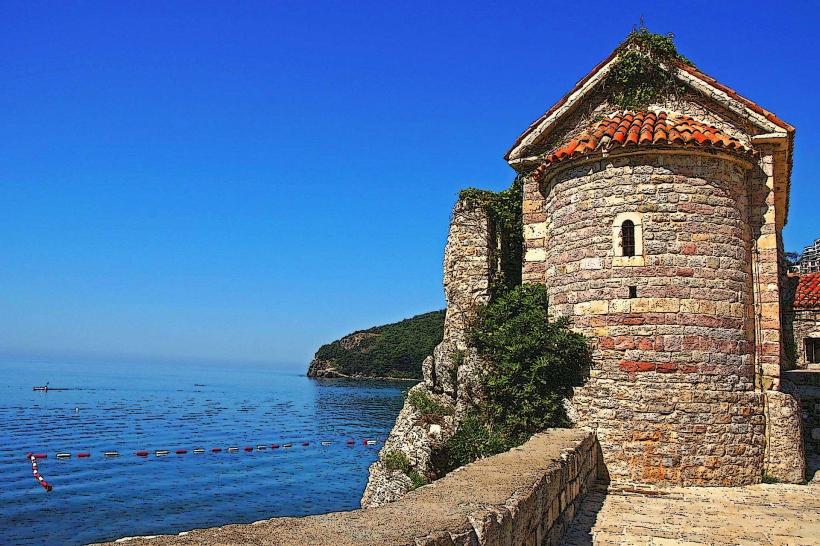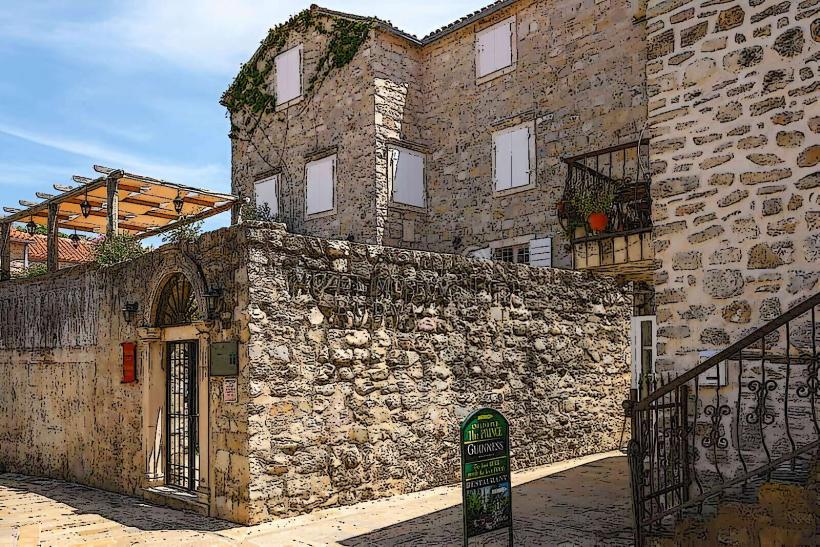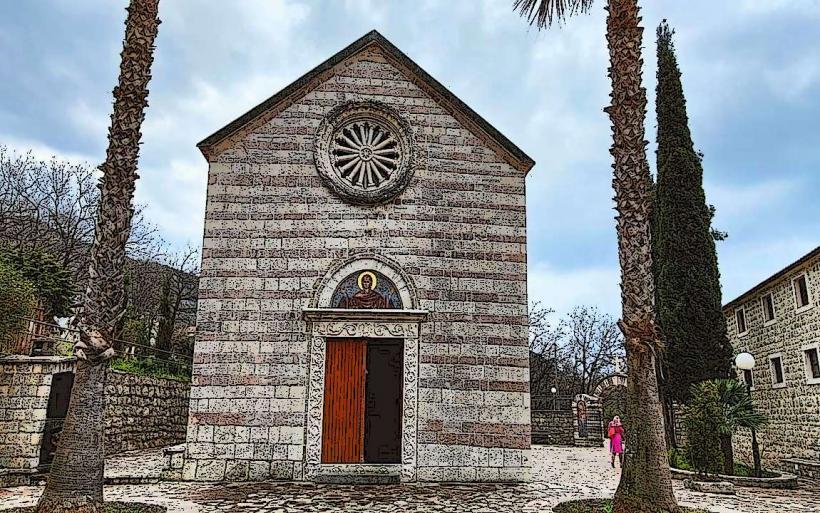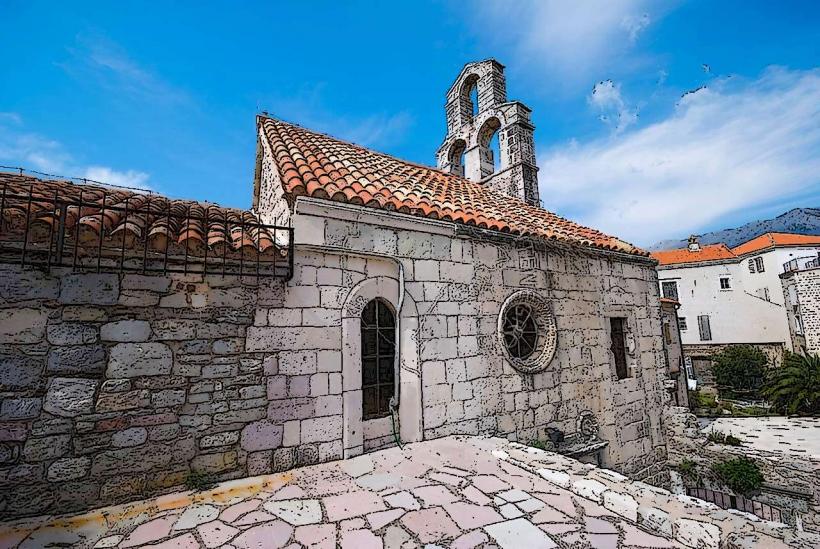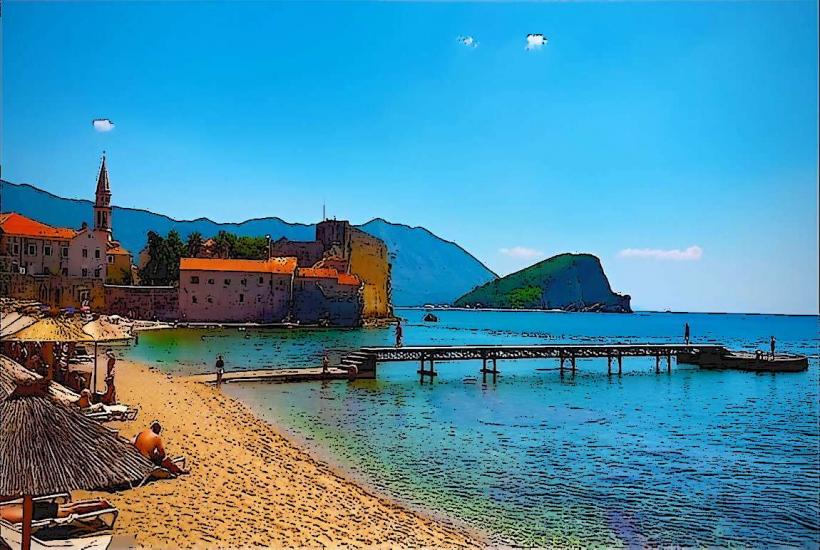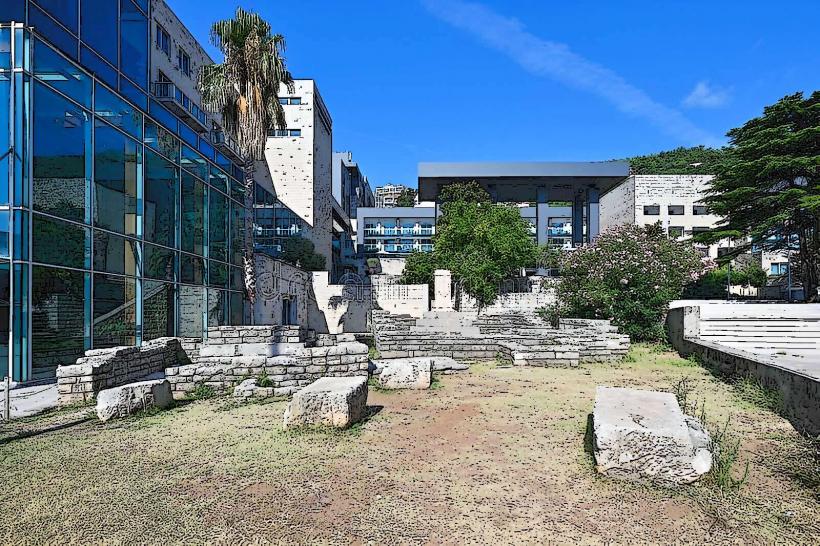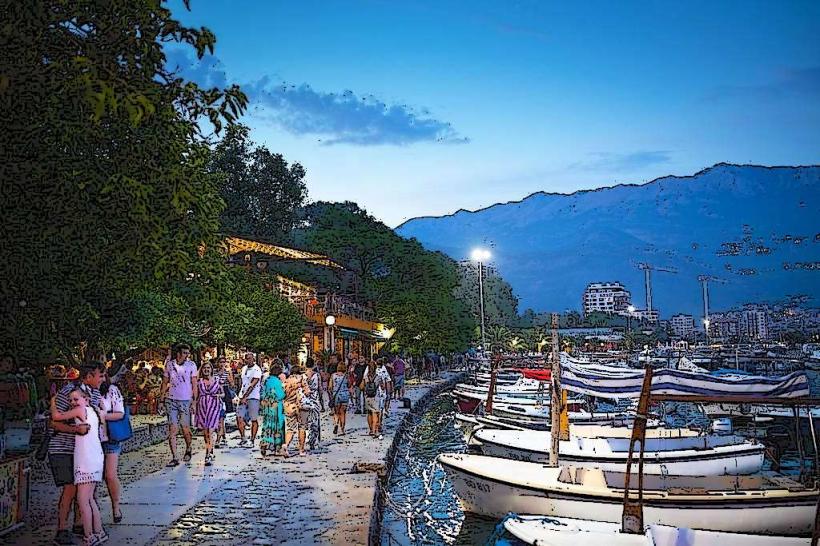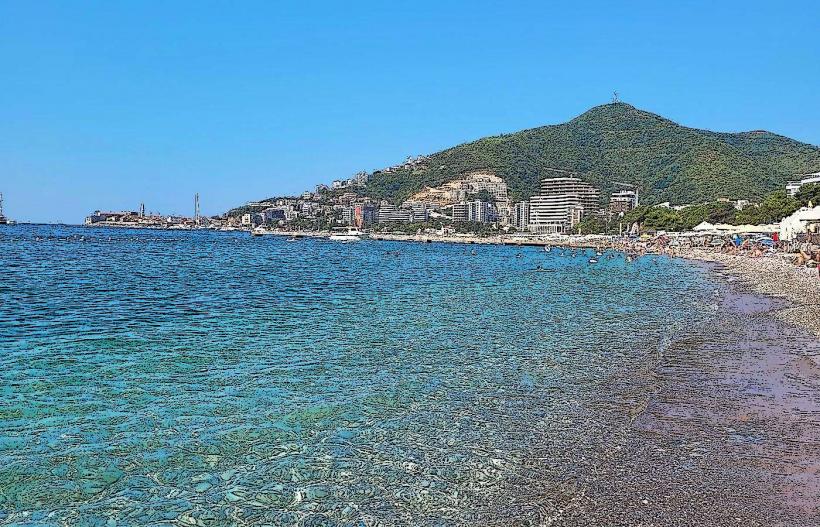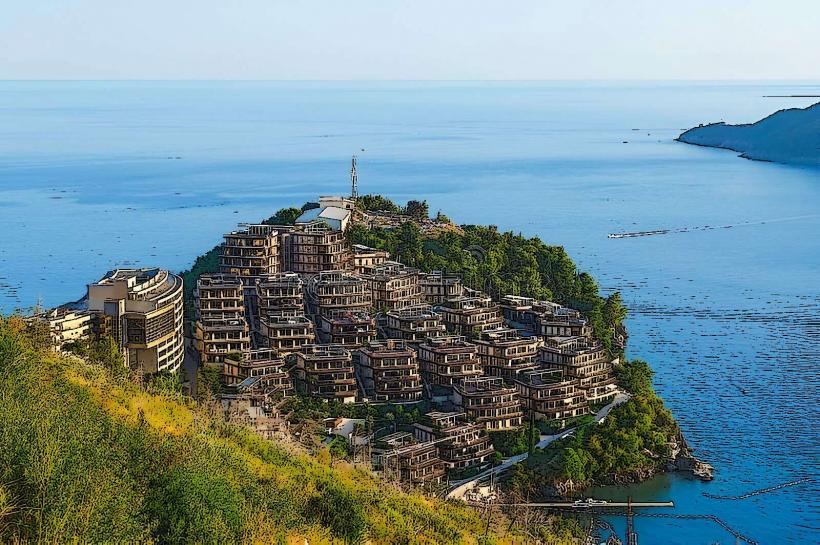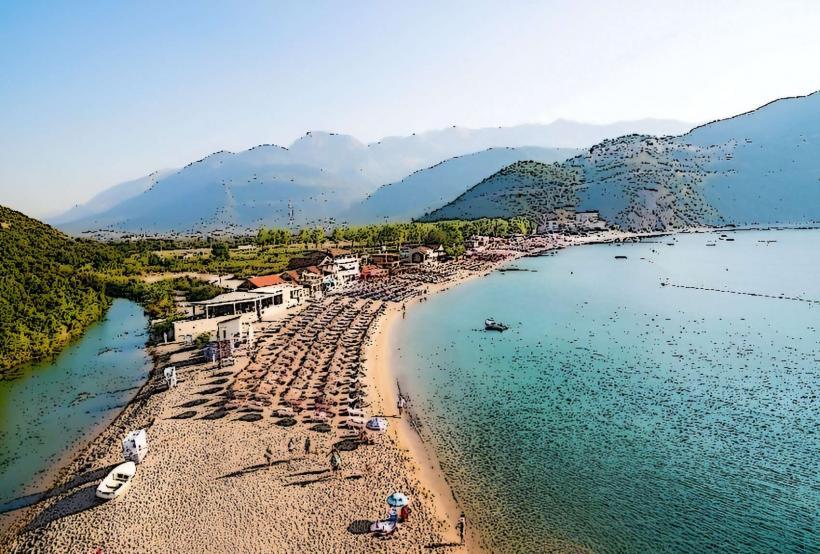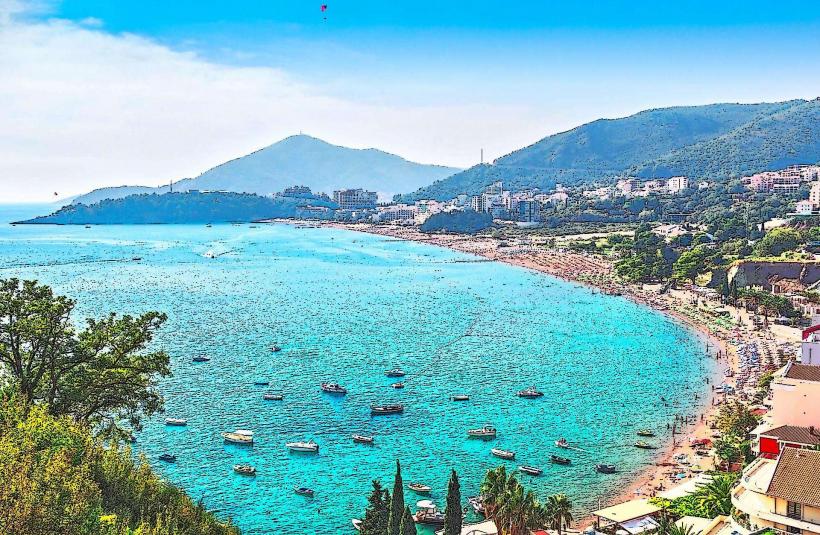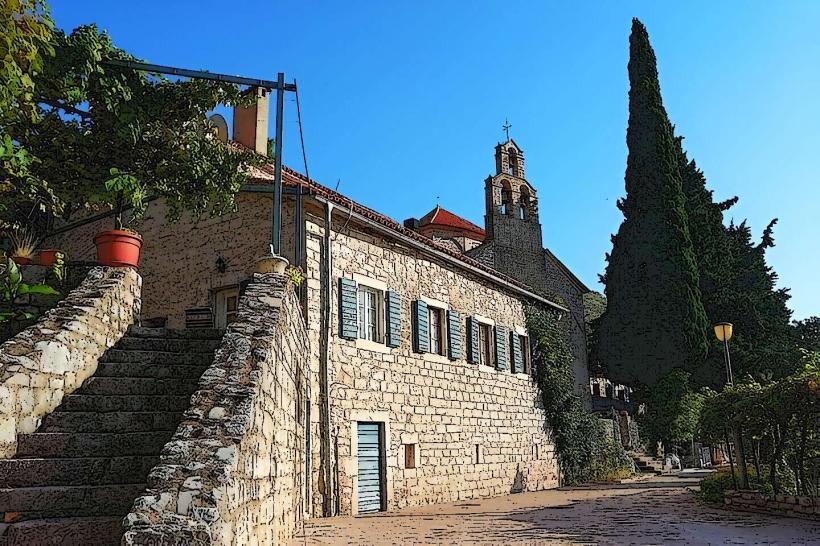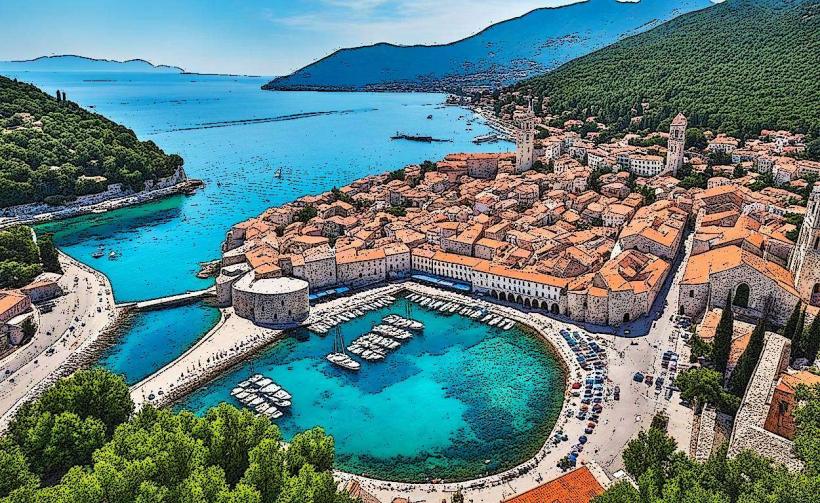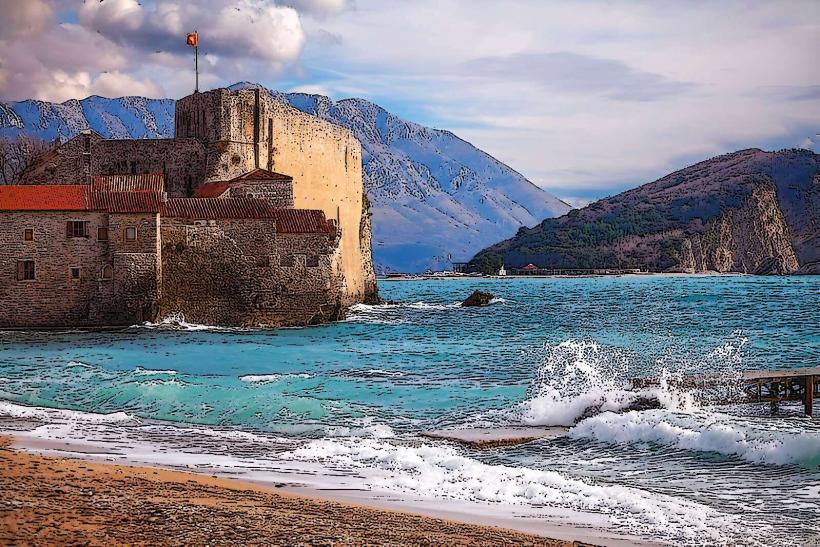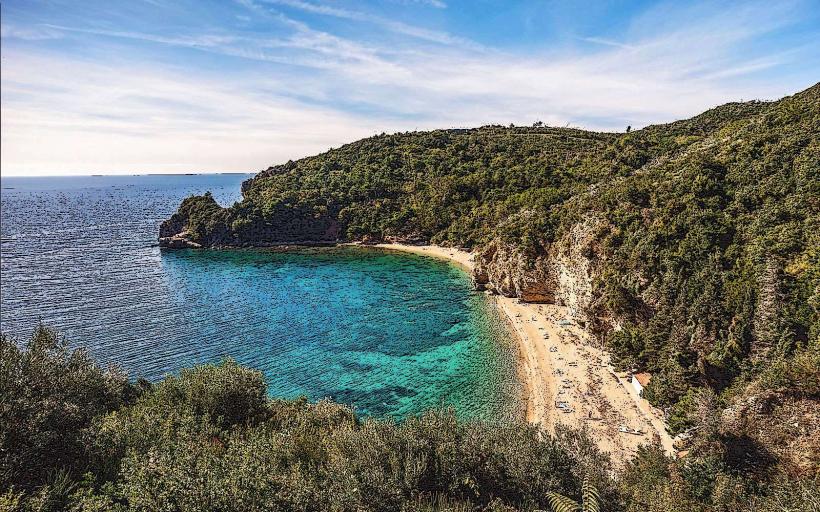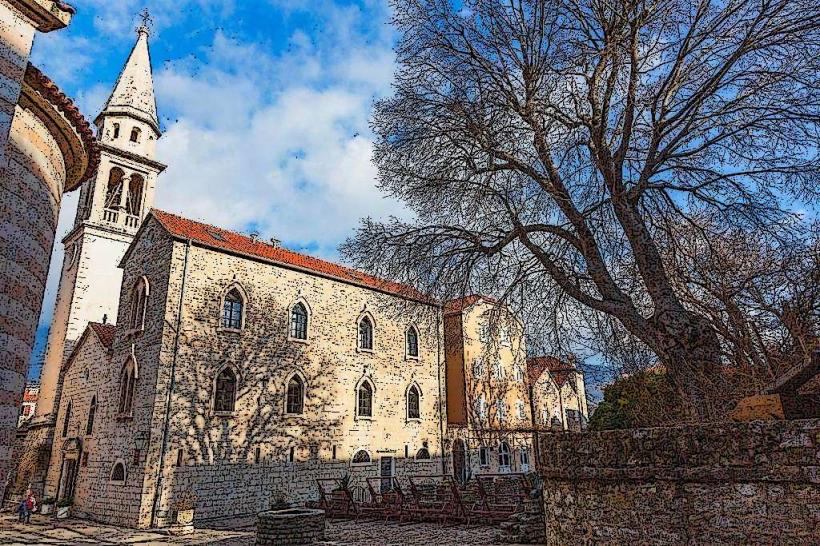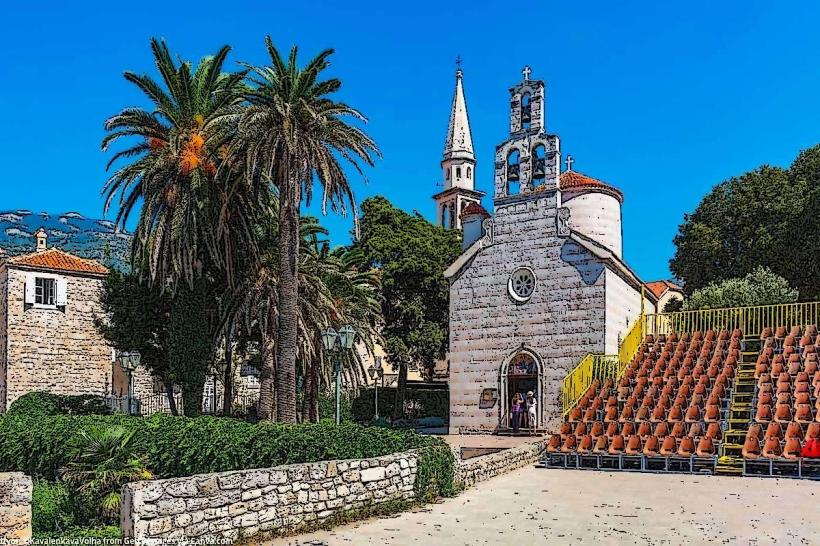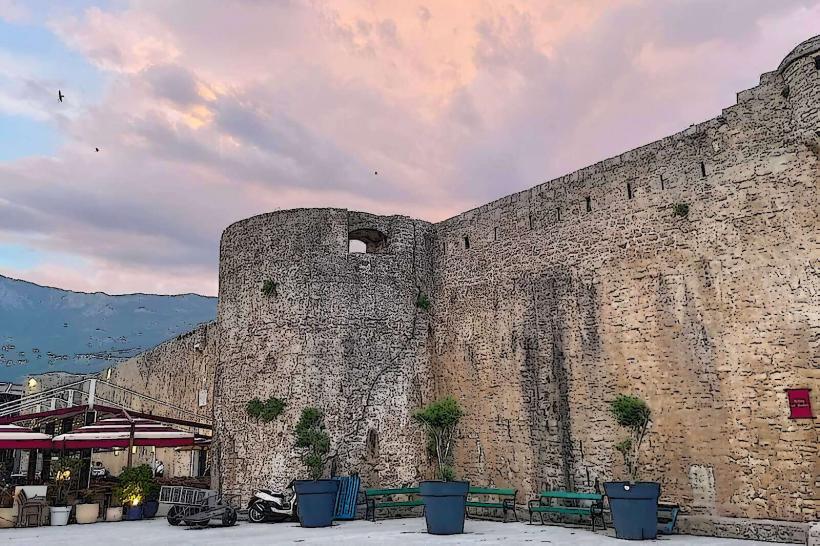Information
City: BudvaCountry: Montenegro
Continent: Europe
Budva is a coastal town located in Montenegro, known for its stunning beaches, rich history, and vibrant nightlife. It is one of the most popular tourist destinations in Montenegro, attracting visitors from all over the world due to its combination of natural beauty, historical sites, and lively atmosphere.
Geography and Climate
Budva is situated along the Adriatic Sea, on the central part of Montenegro’s coastline. It lies at the base of the Budva Riviera, a stretch of coastline known for its clear blue waters and sandy beaches. The town is surrounded by steep hills and mountains, creating a picturesque setting. Budva enjoys a Mediterranean climate with hot, dry summers and mild, wet winters. The warm climate, coupled with the town's natural beauty, makes it a popular summer destination.
History
Budva is one of the oldest settlements in the Adriatic, with a history that spans more than 2,500 years. It was founded by the ancient Greeks around the 4th century BC under the name Bouthoe, and later became a Roman, Byzantine, and Venetian settlement. The town has a rich historical legacy, influenced by various civilizations over the centuries.
During the medieval period, Budva flourished as an important trading center under Venetian rule. The Venetians fortified the town, leaving behind impressive city walls, towers, and fortifications. Over time, Budva became a part of the Kingdom of Montenegro and later Yugoslavia. Since Montenegro’s independence in 2006, Budva has developed into a key tourist hub in the country.
Old Town (Stari Grad)
The historic Old Town of Budva (Stari Grad) is one of the main attractions, boasting well-preserved Venetian architecture and narrow cobbled streets. The Old Town is enclosed by medieval walls and towers, and its charming alleys and squares are home to numerous cafes, restaurants, and shops. The town's architecture reflects Venetian, Roman, and Byzantine influences, offering a glimpse into the town's storied past.
Key highlights in the Old Town include the Citadel, a fortress that offers stunning views of the town and the surrounding coast. The Citadel houses a museum with exhibits on the history of Budva and its surrounding region. The Church of St. John, with its 7th-century origins, and the Church of the Holy Trinity, a 19th-century building, are also notable religious sites in the Old Town.
Beaches and Natural Beauty
Budva is famous for its beaches, which range from pebbly coves to sandy stretches of coastline. Some of the most popular beaches in Budva include:
- Slovenska Plaža (Slovenska Beach): A long, sandy beach near the town center, offering various amenities, cafes, and bars.
- Mogren Beach: A picturesque beach located in a small bay, accessible by walking through a tunnel in the cliffs. It’s ideal for those seeking a more tranquil environment.
- Jaz Beach: A large sandy beach located a short distance from the town center, known for its crystal-clear waters and lively atmosphere.
Budva is also surrounded by lush greenery, with nearby hills and mountains offering opportunities for hiking and exploring the area’s natural beauty. The Island of St. Nikola, also known as “Budva’s Hawaii,” is located just off the coast and is a popular spot for swimming, sunbathing, and boat excursions.
Economy and Tourism
Tourism is the cornerstone of Budva’s economy, with the town serving as one of Montenegro's leading tourist destinations. The combination of its ancient history, stunning beaches, and vibrant nightlife makes it a year-round attraction. Budva also hosts a variety of cultural events and festivals throughout the year, such as the Budva Music Festival and Theatre City, which draw both local and international visitors.
In addition to tourism, Budva has a growing real estate market, with luxurious hotels, resorts, and private villas being developed along the coastline. The town is also home to a thriving hospitality industry, with numerous restaurants, cafes, bars, and nightclubs catering to tourists.
Culture and Events
Budva has a lively cultural scene, with numerous events taking place throughout the year. The town hosts music festivals, theater performances, and art exhibitions, as well as local cultural festivals that celebrate Montenegrin traditions and customs.
The Budva Summer Festival, which includes a variety of concerts, dance performances, and theater productions, is one of the most significant cultural events in the town. The Montenegro Music Festival, which takes place in Budva’s amphitheater, attracts both local and international performers.
Transportation
Budva is easily accessible by road, with good connections to other parts of Montenegro. The town is about 60 kilometers south of the capital, Podgorica, and 20 kilometers from Tivat, where the nearest international airport, Tivat Airport, is located. The Budva Riviera is also well-served by buses, taxis, and private car rentals, making it easy for visitors to explore the surrounding region.
During the summer months, Budva is also accessible by boat, with ferry services linking the town to nearby coastal destinations, including Kotor, Herceg Novi, and Bar.
Nightlife
Budva is known for its vibrant nightlife, with numerous bars, nightclubs, and beach parties. The town’s nightlife scene is especially popular among young travelers and party-goers. Budva’s Old Town and seafront promenade are lined with lively bars and nightclubs, many of which feature live music and DJs during the summer season. Top Hill, a popular nightclub located just outside the town, is one of the largest open-air nightclubs in the Balkans and a central attraction for those looking to experience the nightlife of Budva.
Conclusion
Budva is a dynamic and picturesque destination, offering a perfect blend of history, culture, natural beauty, and modern amenities. Whether exploring its ancient streets, relaxing on its beautiful beaches, or enjoying its lively nightlife, Budva provides something for every type of traveler. Its historical charm, combined with its stunning setting along the Adriatic, makes it one of Montenegro’s most beloved towns and a must-visit destination on the Balkan coast.

